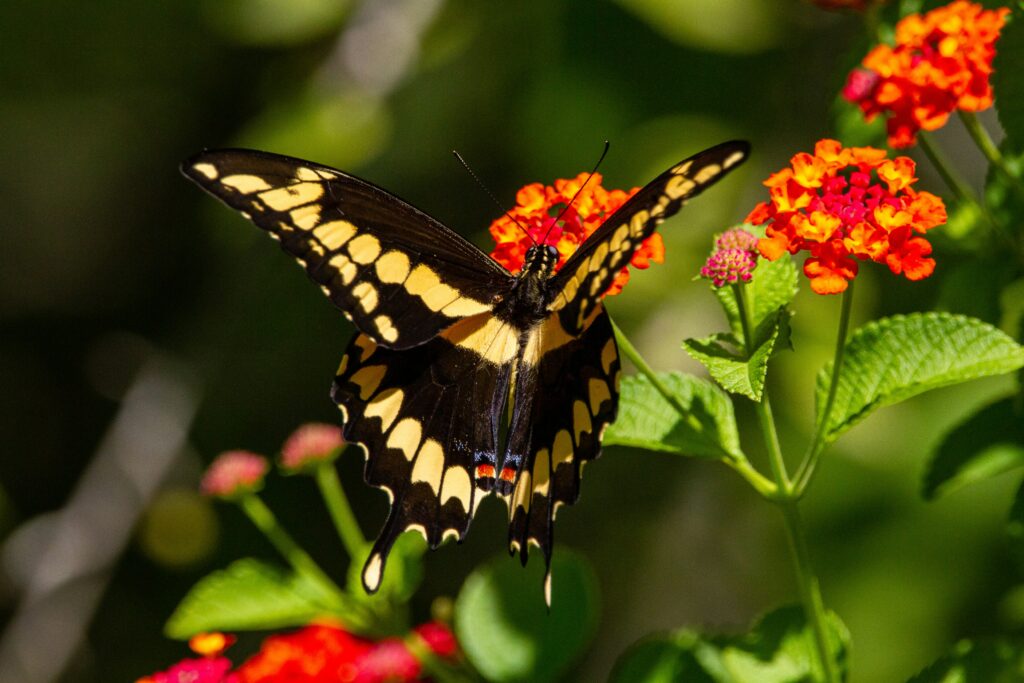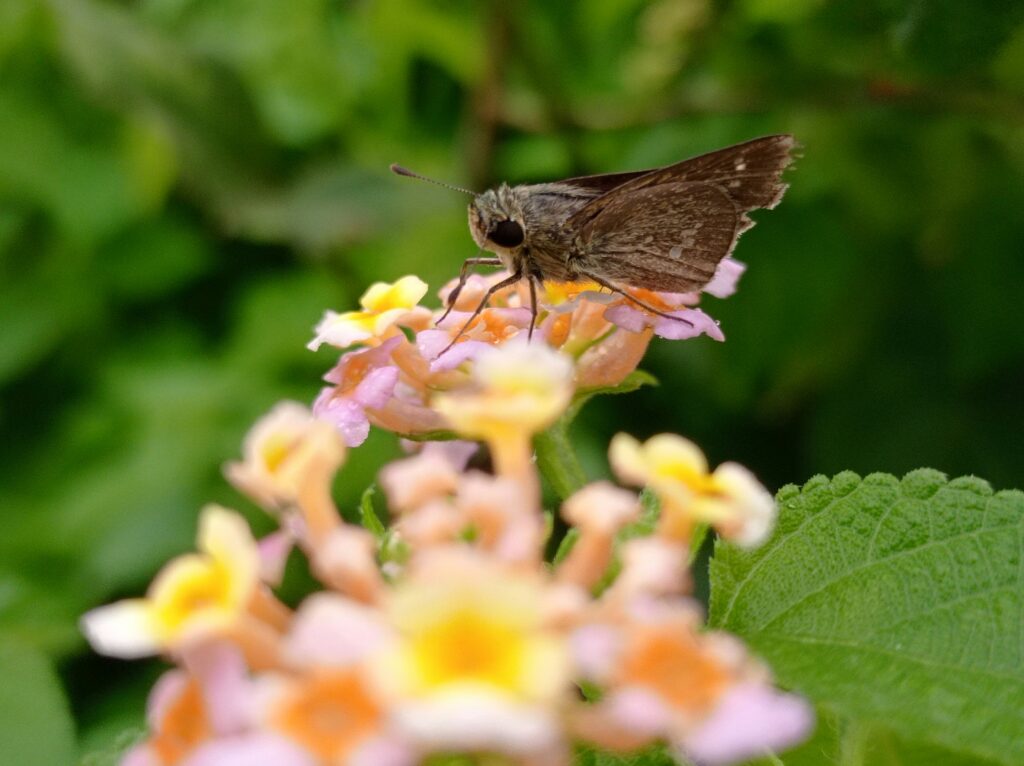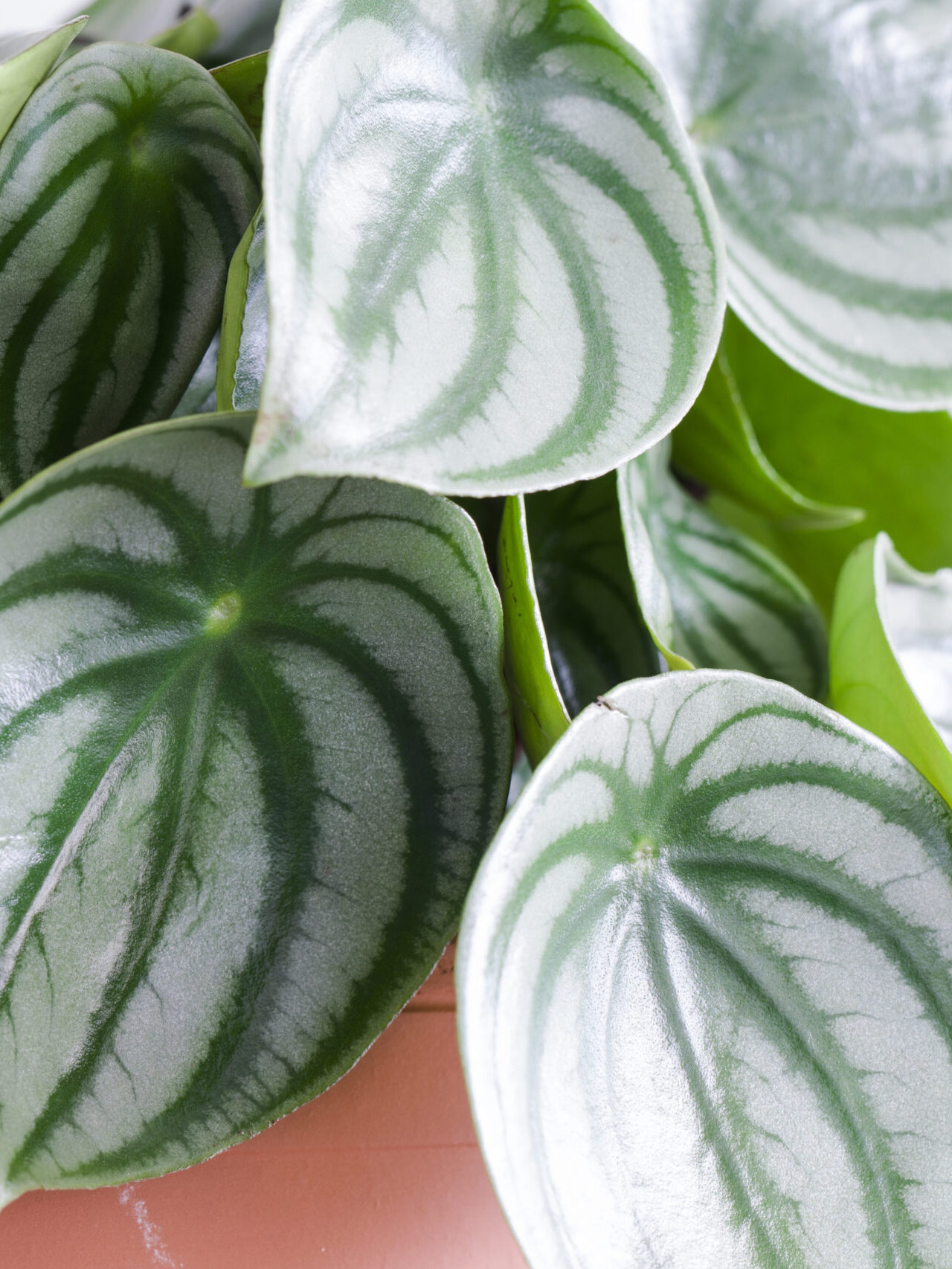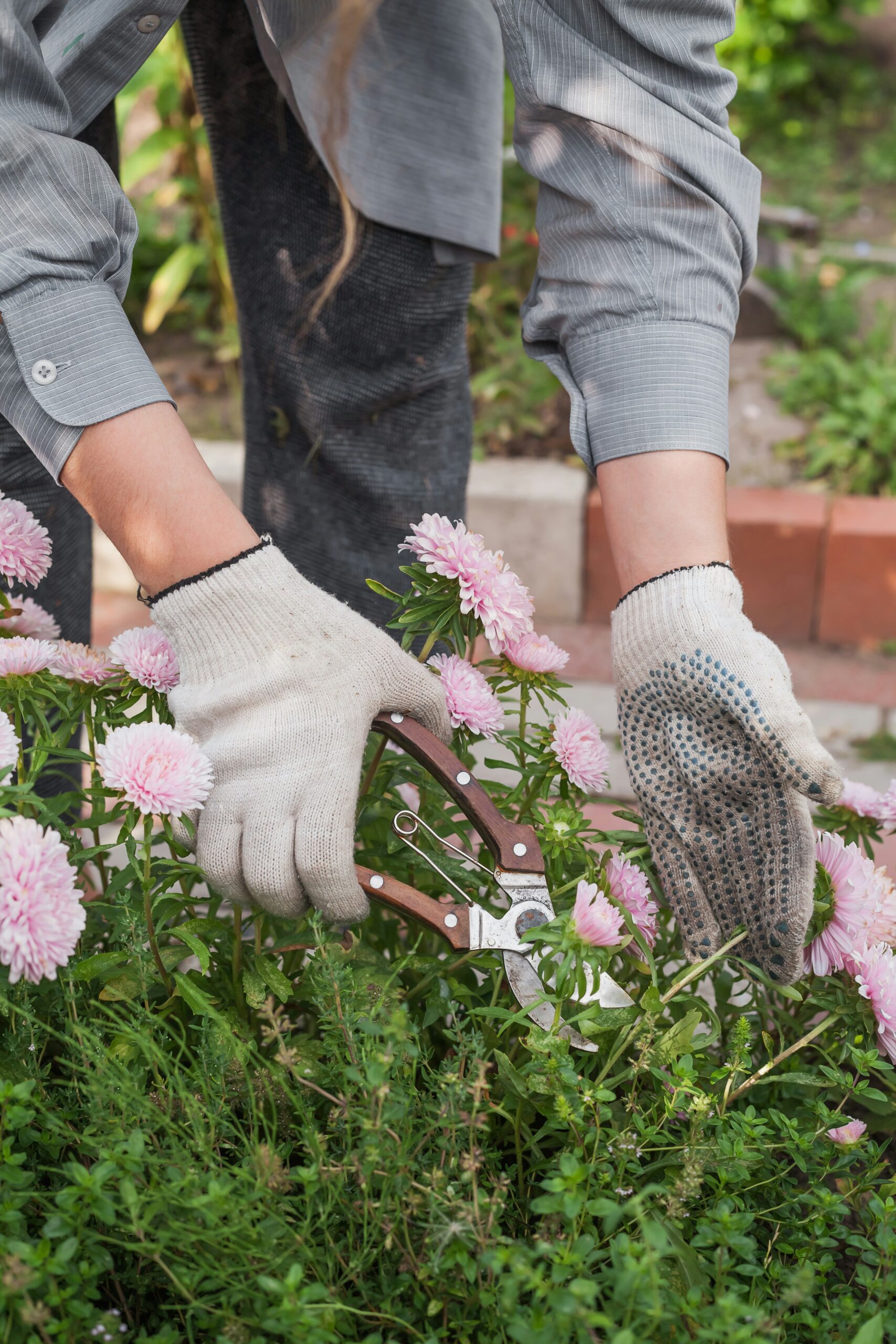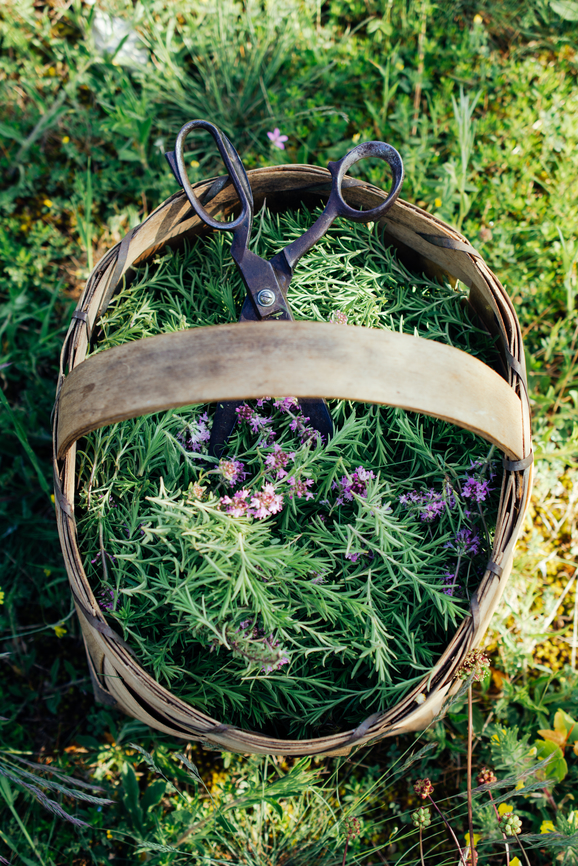A Note on Key Terms
‘Pollinators’ and ‘pollinator-friendly’ are two words that have gained significant popularity in recent years. And while the implications are positive, sometimes we find there are misunderstandings associated with both. As a refresher: all plants are pollinated in one way or another. Pollination strategies have been evolving for as long as plants have and there are many different ways of successfully pollinating. The method which our readers will be most familiar with is via pollinators. Including but not limited to insects (like bees, butterflies, moths and even ants), birds (hummingbirds often come to mind first) and even bats! Furthermore, pollinator-friendly is almost misleading. Certain floral shapes and even colours will attract certain types of pollinators. Therefore the idea is to select blooms that need a pollinator to prosper. And then you can further select what kinds come to visit by the types of flowers you plant.
Ultimately, pollinator-friendly, even in the case of this post, refers to the plants that will have your container gardens teeming with life, with buzzing, chripring and trilling and enhancing your local ecosystems.
Pollinator-friendly Plants for your Containers
Verbena spp.
A beloved staple. Flowers here are arranged in an umbel shape (think, open umbrella), which make them ideal for butterflies. When paired with the bright assortment of colours make these long-bloom beauties essentials. Ideal as both a spiller and a filler, the trailing habit combined with the vigorous growth mean they’re just as appealing to us as to the butterflies.
Attracts: Butterflies
Angelonia spp.
Named the National Garden Bureau’s 2024 annual of the year, the “summer snapdragon” is an effortless thriller in any container garden. Flowers are arranged in what’s known as a spike (a group of flowers coming from a single main stem without individual stalks), and flourishing beautiful colours and fragrances (some say they smell like grapes, or even vanilla). Further, if you love the idea of fresh, cut flowers, these are an excellent choice.
Attracts: Bees, butterflies and hummingbirds
Salvia spp.
We can’t discuss pollinator-friendly plants without touching upon the crowd favourite (by crowd we mean the pollinators). Hailing from the mint family (Lamiaceae) these fragrant, tall and lush spikes are packed with flowers. They are no-fuss and extremely easy to grow and should be used as the main focal point, aka, the thriller.
Attracts: Bees, bumble bees, butterflies and hummingbirds
Lantana spp.
If you’re specifically looking for a filler to complete your container, we like Lantana species. Generally, varieties are available in warm, soft colours, and showcasing sweet and memorable scents. Furthermore, the large umbel flowers are literal landing pads for insects to enjoy the sweet nectar. The latter point also adds to this annuals appeal.
Attracts: Butterflies and hummingbirds
Petunia spp.
Bright, lively and seemingly nostalgic, petunias are a container classic. Flowers are a funnel-shape, a result of 5 fused petals and therefore are mostly insect pollinated, with a few larger species reliant on hummingbirds. Delicate and long-blooming, the mounding trailing habit make them ideal spillers. Consider the hybrid Supertunia ® Limoncello® or Supertunia® Black Cherry® for colour options that feel fresh and updated and of course remain pollinator-friendly.
Attracts: Bee, butterflies, certain types of moths and hummingbirds
Pentas spp.
Presenting dense clusters of star shaped, tubular flowers, these intense annuals will bring a strong splash of colour to your container garden. They’ll bloom for practically the entire summer and generally do not require deadheading. Significantly, they are very drought-tolerant and can handle the high heat of the season. Especially successful as fillers, we also adore their very strong and comforting aroma.
Attracts: Bees, butterflies and hummingbirds
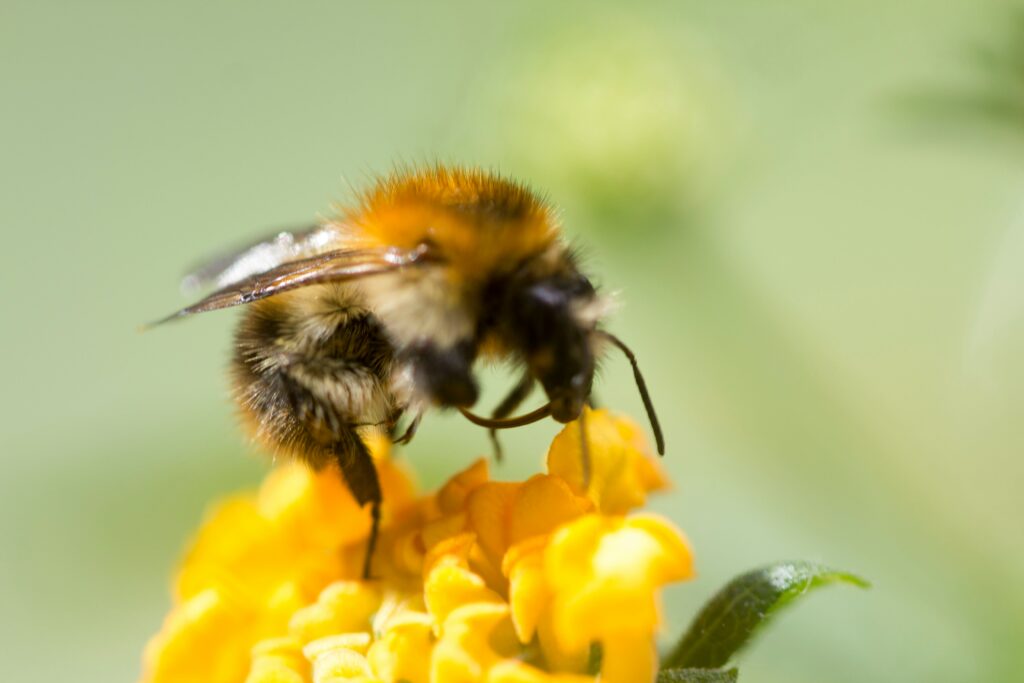
As you plan your pollinator-friendly plants and container gardens, feel free to peruse other installments of the The Wild Blog. Specifically, Choosing the Right Containers and Creating a Spring Container Garden for extra background information and inspiration. P.s., we’d love to connect, if you don’t already, be sure to follow us on Instagram and Pinterest!

